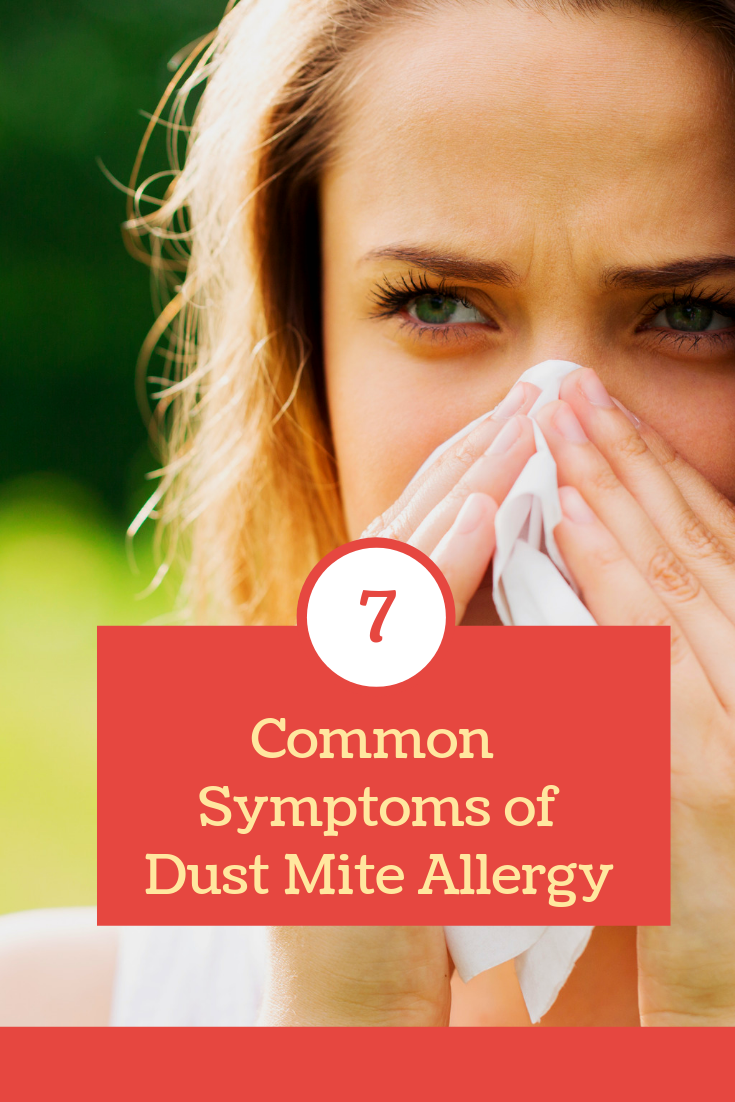The symptoms of allergic rhinitis usually appear as soon as it comes into contact with some allergenic substance, such as dust, pollen, perfume or animal hair, for example, which causes irritation and inflammation of the mucosa of the nose, resulting in the appearance of symptoms. The main symptoms of allergic rhinitis are:
- Itchy nose, eyes and mouth;
- Reddened eyes and nose;
- Excessive tiredness;
- Headache;
- Swollen eyes;
- Dry cough;
- Sneezing;
- Coryza.
When these symptoms appear, it is important to consult a general practitioner or an allergist to initiate the appropriate treatment according to the agent responsible for the symptoms, as this way it is possible to avoid complications such as otitis, sleep problems or the development of chronic sinusitis. Learn more about allergic rhinitis.
How to confirm the diagnosis
The diagnosis of allergic rhinitis is made by reporting the patient to the general practitioner, who will guide them to the appropriate treatment.
However, in severe cases, that is, when the allergic reaction disrupts the person’s life, with long bouts of sneezing that can generate recurrent headache or weakness, for example, the general practitioner may refer the case to an allergist, doctor specialist in allergies, who, through laboratory tests, will identify which substances are responsible for causing allergic rhinitis.
One of the tests that can be done is the immediate reading skin test, in which the person is exposed to small amounts of allergic substances on the skin, which may be on the arm or back, which become red and irritated if that is one of the substances that cause irritation. See how allergy testing is done.
Another test that can be done is the radioallergosorbent test (RAST), a type of blood test that measures the amount of antibodies called IgE, which are high when a person has an allergic reaction.
What to do to relieve symptoms
To alleviate the symptoms of allergic rhinitis, it is important to identify and rule out the agent responsible for the allergy, and the use of antihistamine drugs, which help to relieve the symptoms, may also be indicated by the physician. Know the remedies for allergic rhinitis.
In addition, it is important that all dust is removed from the surfaces, that the environment is well ventilated, avoid the use of rugs at home, use more neutral scented perfume and masks when cleaning the house, as this way it is possible to avoid new attacks of allergic rhinitis.
